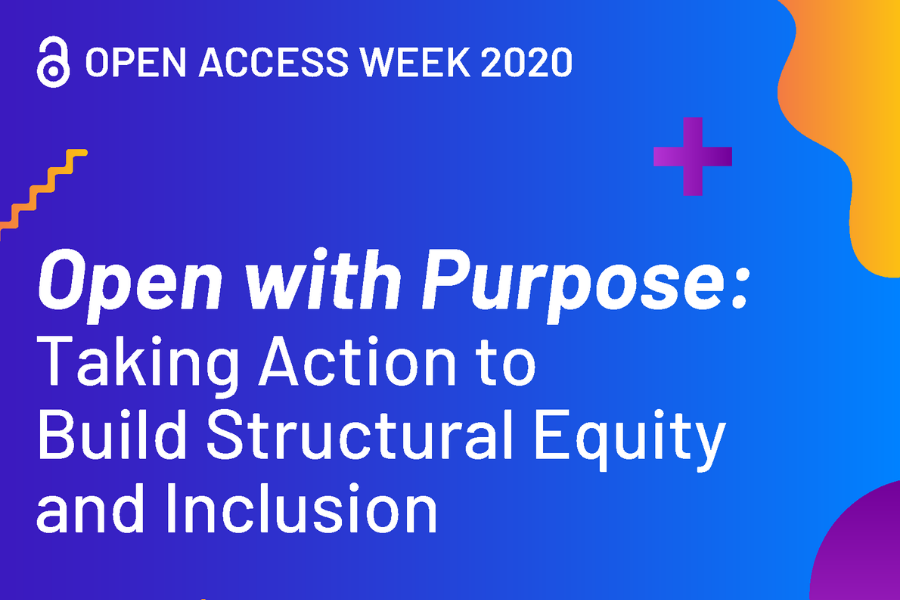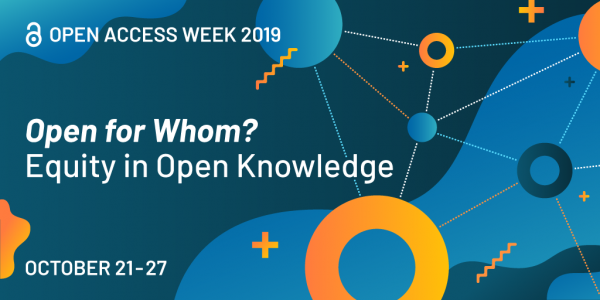It’s Open Access Week! As many of you know, this internationally celebrated week was established to raise aware about open access publishing and encourage discussion. This year, we are celebrating the success of our new reading platform. The platform offers a beautiful reading experience with toggles for dark mode reading and type adjustments as well as the ability to annotate, share, and comment on our open access books. We launched the platform in July with our latest titles and now have 44 books available in this format. Since launching, these titles have acquired over 1,000 annotations and we have added 84 additional resources. You can read more about the incredible functionality of the platform in this blog post.
Today, we are sharing the ten most-read books on our new platform! Check out the list below for some open access week reading inspiration. To access the reading platform for each book, click “read online” on the book’s page.
![[book cover] Sociocultural Systems](https://www.aupress.ca/app/uploads/120219_Sociocultural-Systems-cover.jpg)
Sociocultural Systems: Principles of Structure and Change by Frank W. Elwell
“Sociocultural Systems provides a stimulating introduction to, and challenging overview of, macrosociology, that can be read with equal benefit by everyone from freshmen in Sociology 101 to graduate students in advanced theory courses. Elwell has done an excellent job of blending the development of macrosocial theory from the early classics to the present day with a strong emphasis on the substance and processes of social change throughout human history.” —Gerhard Lenski, author of Power and Privilege and Human Societies: An Introduction to Macrosociology
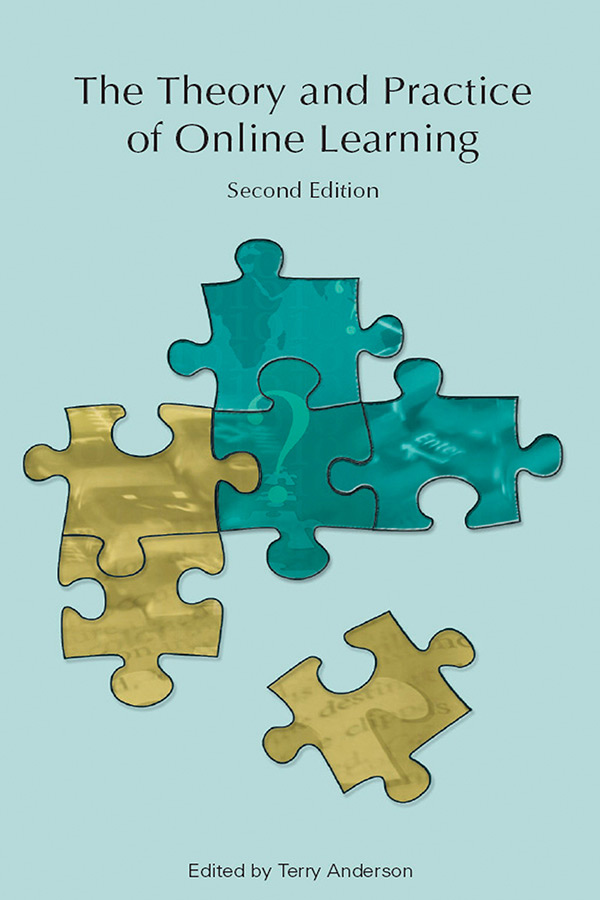
The Theory and Practice of Online Learning edited by Terry Anderson
The Theory and Practice of Online Learning is a complete guide to the world of online and education and is one of the most popular AU Press books published! Essays by practitioners and scholars active in the complex, diverse, and rapidly evolving field of distance education blend scholarship and research; practical attention to the details of teaching and learning; and mindful attention to the economics of the business of education.
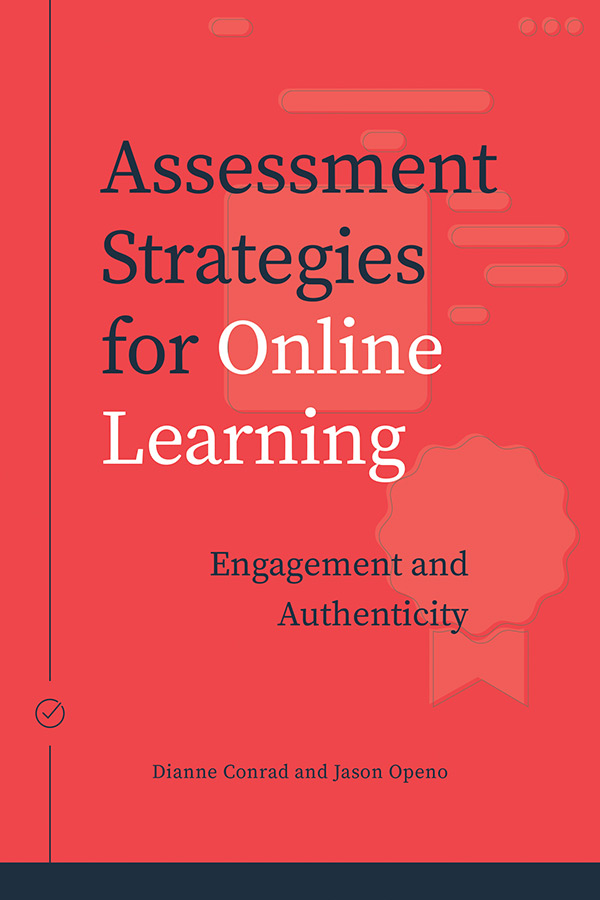
Assessment Strategies for Online Learning: Engagement and Authenticity by Dianne Conrad and Jason Openo
One of our most popular books about online education, Assessment Strategies for Online Learning explores assessment that engages and authentically evaluates learning. Conrad and Openo insist that online and distance learning environments afford educators new opportunities to embrace only the most effective face-to-face assessment methods and to realize the potential of engaged learning in the digital age.
![[book cover] Health and Safety in Canadian Workplaces](https://www.aupress.ca/app/uploads/120259_Health-and-Safety-in-Canadian-Workplaces.jpg)
Health and Safety in Canadian Workplaces by Jason Foster and Bob Barnetson
Labour experts Jason Foster and Bob Barnetson teamed up to create this important guide for workplace health and safety. In addition to everything you need to know about health and safety in the workplace, Foster and Barnetson point out some major discrepancies between the interests of employers and employees. Understanding that these are conflicting interests is crucial to making workplaces safer than ever.
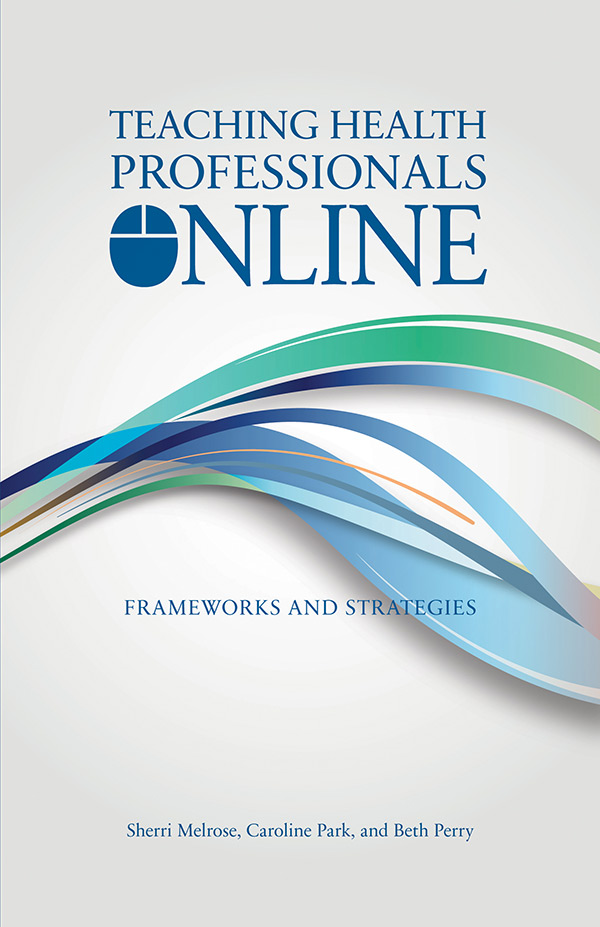
Teaching Health Professionals: Frameworks and Strategies by Sherri Melrose, Caroline Park, and Beth Perry
Intended for a wide range of health professionals, Teaching Health Professionals Online outlines creative, challenging activities with step-by-step directions and explanations of why they work. Each chapter in situates practice within the context of contemporary educational theories such as instructional immediacy, invitational theory, constructivism, connectivism, transformative learning, and quantum learning theory.
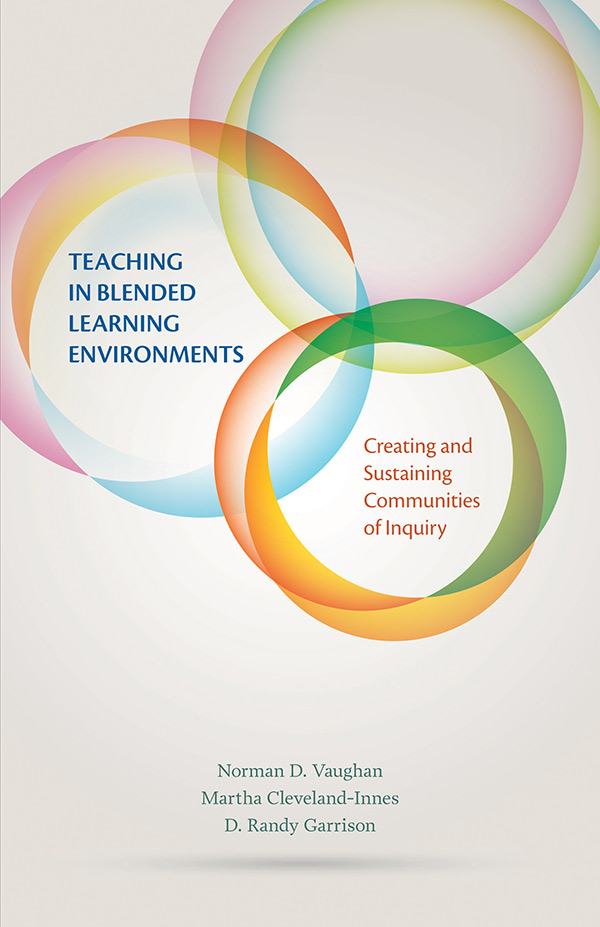
Teaching in Blended Learning Environments: Creating and Sustaining Communities of Inquiry by Norman D. Vaughan, Martha Cleveland-Innes, and D. Randy Garrison
Teaching in Blended Learning Environments provides a coherent framework in which to explore the transformative concept of blended learning. Blended learning can be defined as the organic integration of thoughtfully selected and complementary face-to-face and online approaches and technologies. Focusing on teaching practices related to the design, facilitation, direction and assessment of blended learning experiences, this handbook addresses the growing demand for improved teaching in higher education.
![[book cover] 25 Years of EdTech Book](https://www.aupress.ca/app/uploads/120290_25-Years-of-EdTech-Book-cover.jpg)
25 Years of Ed Tech by Martin Weller
In this lively and approachable volume based on his popular blog series, Martin Weller demonstrates a rich history of innovation and effective implementation of ed tech across higher education. From Bulletin Board Systems to blockchain, Weller follows the trajectory of education by focusing each chapter on a technology, theory, or concept that has influenced each year since 1994.
![[book cover] The Art of Communication in a Polarized World](https://www.aupress.ca/app/uploads/120291_The-Art-of-Communication-in-a-Polarized-World-cover.jpg)
The Art of Communication in a Polarized World by Kyle Conway
The Art of Communication in a Polarized World is an essential guide for living in the twenty-first century. Conway confronts the communication challenges of our modern world by navigating the space between opposing perspectives. Drawing on the theory of cultural translation and its dimensions of power, meaning, and invention, Conway deepens our understanding of what it means to communicate and opens the door to new approaches to politics and ethics.
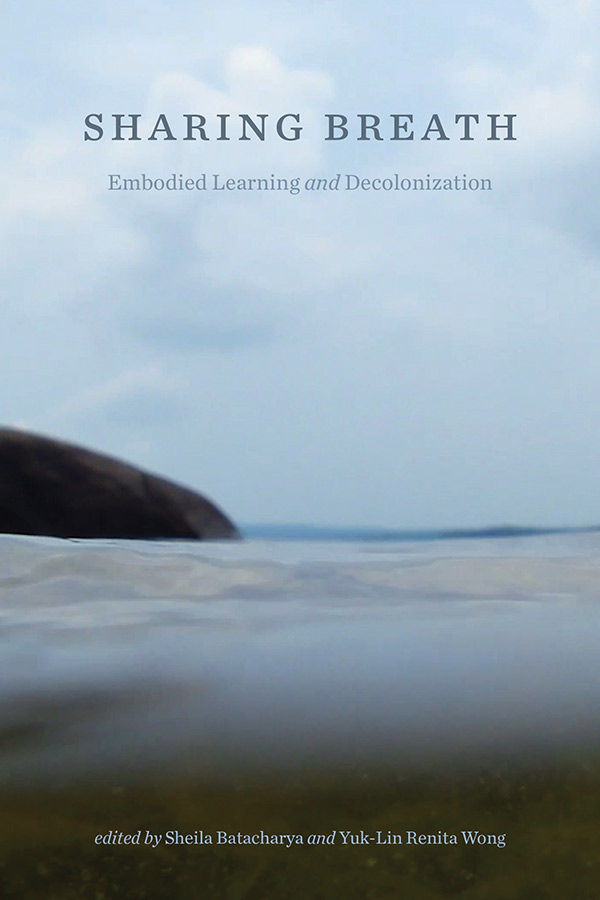
Sharing Breath: Embodied Learning and Decolonization edited by Sheila Batacharya and Yuk-Lin Renita Wong
“An extremely refreshing book in what is considered curriculum studies. […] Squarely situated in a Canadian context where the decolonization struggles of Indigenous people in Canada is the primary source of political, social, economic, and cultural injustice, the book is nonetheless theoretically and empirically rich enough to inform studies of embodiment in North America more broadly.” —Wayne Yang, University of California San Diego
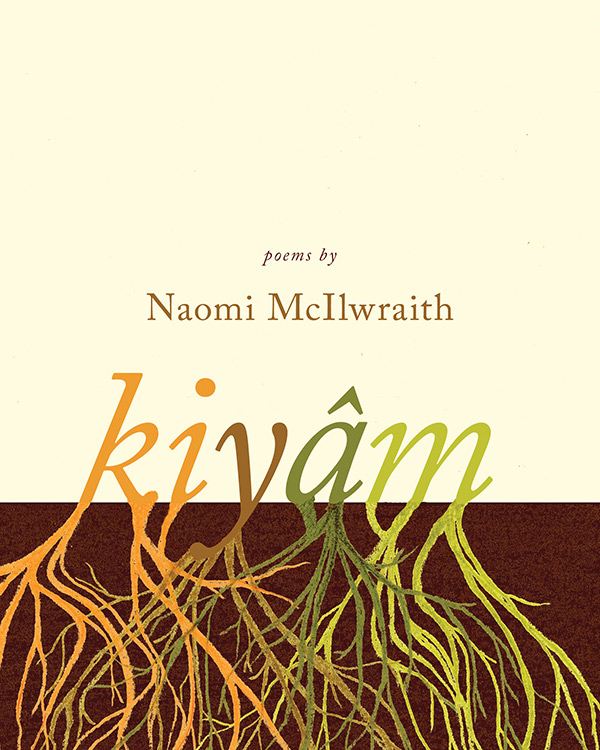
kiyâm by Naomi McIlwraith
Through poems that move between the two languages, Naomi McIlwraith explores the beauty of the intersection between nêhiyawêwin, the Plains Cree language, and English, âkayâsîmowin.
